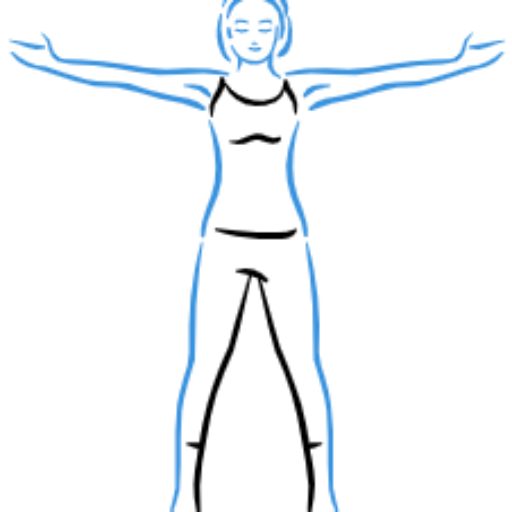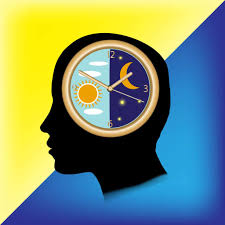Have you ever noticed how your energy levels, mood, and productivity seem to ebb and flow throughout the day? These fluctuations are not just random occurrences but are instead governed by a fundamental biological process known as the circadian rhythm. In this blog post, we’ll delve into the fascinating world of circadian rhythms, exploring what they are, why they’re important, and how understanding them can enhance your overall well-being.
What Are Circadian Rhythms?
Circadian rhythms are internal, biological processes that follow a roughly 24-hour cycle, regulating various physiological functions such as sleep-wake cycles, hormone production, body temperature, and metabolism. These rhythms are driven by an internal master clock located in the brain’s hypothalamus, which receives input from external cues such as light and darkness to synchronize with the natural day-night cycle.
The Importance of Circadian Rhythms:
- Regulating Sleep Patterns: Perhaps the most well-known function of circadian rhythms is their role in regulating sleep-wake cycles. The master clock in the brain helps coordinate the timing of sleep onset and wakefulness, ensuring that we feel alert and rested during the day and sleepy at night. Disruptions to circadian rhythms, such as jet lag or shift work, can lead to sleep disturbances and impaired cognitive function.
- Optimizing Hormone Production: Circadian rhythms also play a crucial role in regulating hormone production and secretion throughout the day. Hormones such as cortisol, melatonin, and growth hormone follow a circadian pattern, influencing processes such as metabolism, immune function, and stress response. Maintaining healthy circadian rhythms is essential for optimizing hormone balance and overall health.
- Supporting Cognitive Function: Research has shown that circadian rhythms have a significant impact on cognitive function, memory, and mood. Proper synchronization of circadian rhythms is associated with improved cognitive performance, enhanced mood stability, and reduced risk of mood disorders such as depression and anxiety. Ensuring that your circadian rhythms are aligned with your daily activities can help promote mental clarity and emotional well-being.
- Regulating Metabolism and Energy Levels: Circadian rhythms also influence metabolic processes such as energy expenditure, nutrient absorption, and glucose regulation. Disruptions to circadian rhythms, such as irregular eating patterns or nighttime eating, can disrupt metabolic function and contribute to weight gain, insulin resistance, and other metabolic disorders. By aligning eating patterns with natural circadian rhythms, you can support optimal metabolism and energy levels throughout the day.
Tips for Supporting Healthy Circadian Rhythms:
- Maintain a Consistent Sleep Schedule: Aim to go to bed and wake up at the same time every day, even on weekends, to help regulate your body’s internal clock.
- Expose Yourself to Natural Light: Spend time outdoors during daylight hours, especially in the morning, to signal to your body that it’s time to be awake and alert.
- Limit Exposure to Artificial Light at Night: Minimize exposure to screens and artificial light sources, especially in the evening, as they can interfere with the production of melatonin and disrupt sleep.
- Establish a Relaxing Bedtime Routine: Create a calming bedtime routine that signals to your body that it’s time to wind down and prepare for sleep, such as reading, meditation, or gentle stretching.
- Be Mindful of Your Eating Patterns: Try to eat meals at regular times each day and avoid heavy or stimulating foods close to bedtime to support healthy digestion and sleep.
Conclusion:
Circadian rhythms play a vital role in regulating various physiological functions and maintaining overall health and well-being. By understanding the importance of circadian rhythms and adopting habits that support their natural alignment, you can optimize your sleep, mood, metabolism, and cognitive function. Embracing your body’s natural rhythm can lead to a happier, healthier life filled with vitality and vitality.

